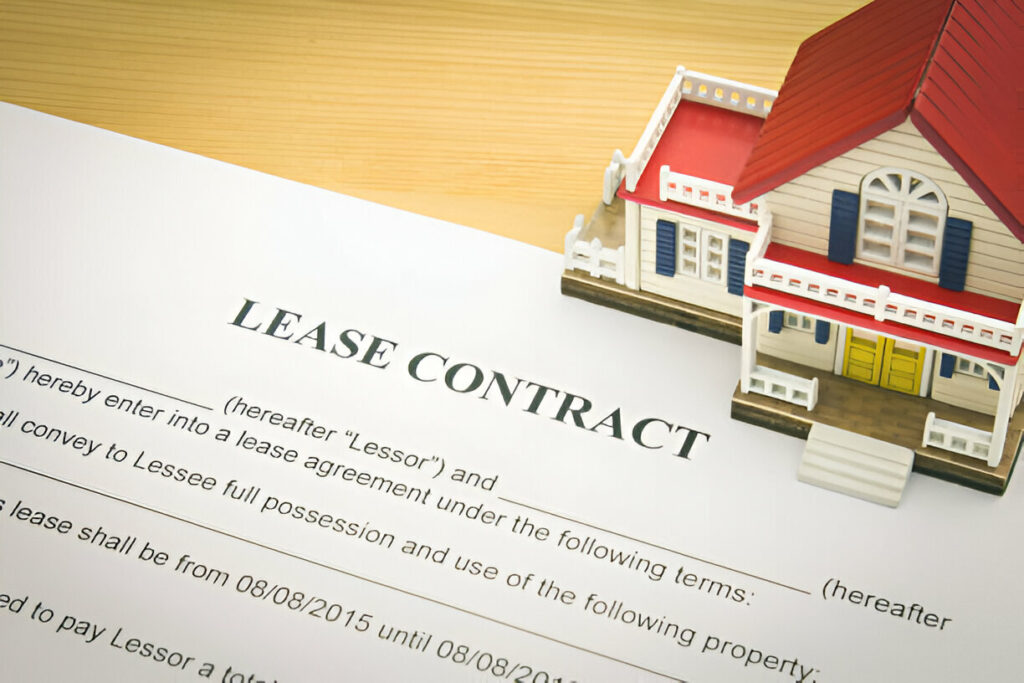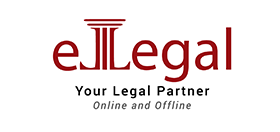

© eLegal, All Rights Reserved | @cruxtechng


Contact us through our WhatsApp chat, web form or our toll free number, stating your full contact information, the service you would like to be provided and a request for a quote from our expert consultants.
Receive and review our quote alongside the details of the legal service to be provided, approve the quote and pay through any of our listed reliable payment system.


Receive a fast and reliable delivery of the legal advice and documents from our expert lawyers.
At eLegal Consultants, we provide faster, convenient and affordable legal services in a click of a button.
In Poland, the registration of title and management of freehold property is governed by the Land and Mortgage Register Act and the Civil Code, which have been updated in recent years to streamline processes and enhance transparency.
For individuals, understanding these laws is crucial to ensuring legal ownership, protecting property rights, and managing real estate effectively.
1. Registration of Title for Individuals
The registration of title is a legal process that confirms ownership of a property. In Poland, this is done through the Land and Mortgage Register (Księga Wieczysta), which is maintained by the relevant district court.
Key Steps for Registration:
Purchase Agreement: After signing a notarized purchase agreement, the buyer must apply for registration of the title in their name.
Application Submission: The application is submitted to the local district court where the property is located. Required documents include:
Court Verification: The court verifies the documents and ensures there are no legal disputes or encumbrances on the property.
Entry in the Land Register: Once approved, the buyer’s name is entered into the Land and Mortgage Register as the legal owner.
Recent Legal Updates:
2. Freehold Property Management for Individuals
Freehold property management involves maintaining, leasing, or selling the property. Polish law provides clear guidelines for individuals managing their real estate.
Key Aspects of Management:
Property Maintenance: Owners are responsible for maintaining the property in accordance with local building codes and regulations.
Leasing: If leasing the property, individuals must comply with the Polish Tenancy Law, which includes:
Tax Obligations: Property owners must pay:
Property Tax: Levied by local municipalities, typically ranging from 0.03% to 0.09% of the property’s value.
Income Tax: Rental income is subject to a 12-32% tax rate, depending on the individual’s total income.
Sale of Property: When selling, individuals must:
Provide a valid Energy Performance Certificate (EPC).
Pay a 2% civil transaction tax on the sale value (if the property was owned for less than 5 years).
Recent Legal Updates:
EPC Requirements: Since 2021, all properties must have an up-to-date EPC before sale or lease.
Tax Relief: Individuals selling their primary residence after owning it for at least 5 years are exempt from capital gains tax.
Anti-Money Laundering (AML): Sellers must declare the source of funds for high-value transactions (over €15,000).
For individuals in Poland, the registration of title and management of freehold property is a straightforward process, thanks to recent legal reforms. By adhering to the updated laws and leveraging digital tools, property owners can ensure compliance, protect their investments, and maximize the value of their real estate.
As our name suggests, we offer you the best comprehensive legal solution online and offline.

© eLegal, All Rights Reserved | @cruxtechng
